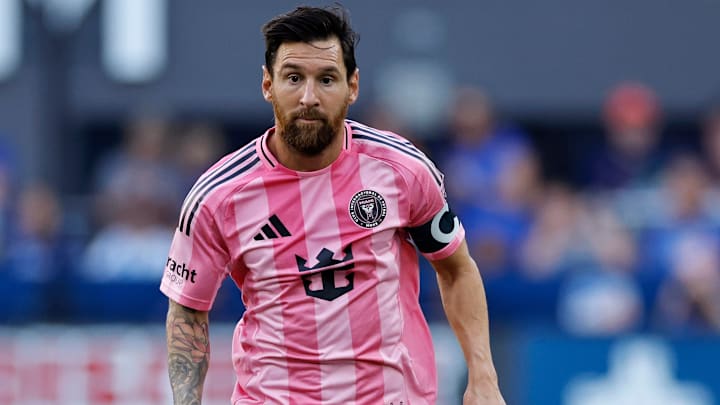FC Cincinnati heads into the 2025 MLS Cup Eastern Conference semifinals carrying the responsibility of proving everything it built over the year: a solid, competitive team that knows how to control games at home.
The matchup with Inter Miami, loaded with stars and shaped by a recent history of tight clashes, puts Cincinnati on the path to its second conference final in three seasons. But even with the better form and numbers that support its favoritism, the Ohio side faces an opponent capable of tearing apart any game plan the moment it finds space to accelerate. Sunday’s match has the feel of a heavy playoff decision, mixing consistency on one side and constant danger on the other.
FC Cincinnati, the team that wants to dictate the pace
Cincinnati’s season speaks for itself. The team finished the regular season with 65 points and kept one of the most reliable approaches in the league. Evander was the centerpiece of 2025 with 18 goals and 15 assists, but the success isn’t only on him. Pat Noonan built a team that knows how to make the most of TQL Stadium, and that matters a lot in this matchup.
Over the last two seasons, Cincinnati scored nine goals and conceded only one at home against Inter Miami. This year, it won 3 0 in Cincinnati and earned a 0 0 draw on the road ten days later. The recent advantage is real, but Noonan didn’t let the group get carried away. The time since the last meeting and the changes on both sides pushed the staff to study the Miami of today, not the past versions. That attention to detail is a big part of what makes FCC one of the most complete teams in the East.

The team also arrives energized after beating the Columbus Crew in a best of three series, winning two of the three games. Cincinnati goes into the semifinal with confidence, but fully aware that a single elimination format leaves no room for hesitation.
Inter Miami, the visitor fueled by decisive talent
Miami shows up more inconsistent, but far more unpredictable. It led MLS in goals scored with 81, thanks to an attack that barely needs introduction. Messi is in a devastating stretch, with 17 goal involvements over the last six matches. Suárez, when available, turns almost any loose ball into a real chance. And there’s still Allende, De Paul and Busquets anchoring the midfield.
Miami’s problem is in the back. The team allowed 55 goals in the regular season, a number far too high for a club that wants to dominate. Away from home, the drop is even more noticeable. In its last two trips to TQL Stadium, Miami gave up nine goals and scored only one. The 4 0 win over Nashville in the decisive first round game shows the team’s offensive potential, but it doesn’t erase the defensive instability.
